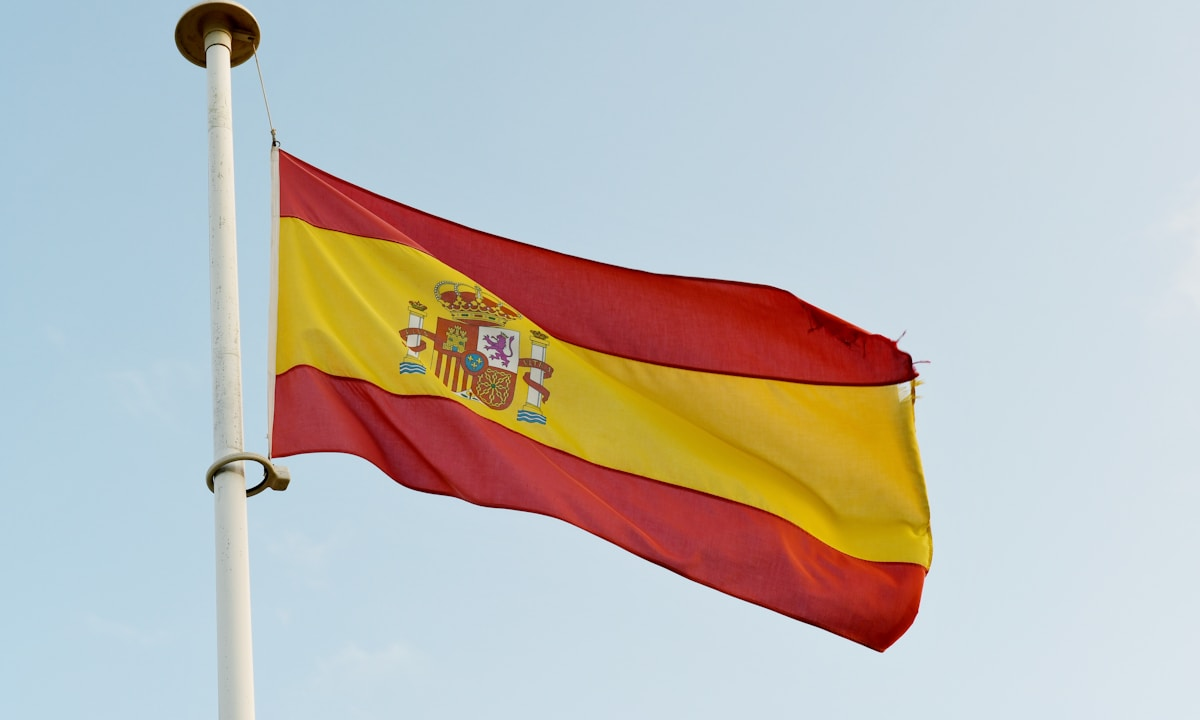Global News Roundup
January 30, 2026
This Week’s Issue
Spain’s economy surpasses expectations, continues to expand
Odds of US government shutdown rise after funding deal stalls in Senate. Odds of a partial U.S. government shutdown rose on Friday after new barriers emerged in the Senate to a deal that would ensure funding for agency operations would not be interrupted. (Reuters)
UN risks ‘imminent financial collapse’, secretary general warns. The United Nations is at risk of “imminent financial collapse” due to member states not paying their fees, the body’s head has warned. António Guterres said the UN faced a financial crisis which was “deepening, threatening program delivery”, and that money could run out by July. (BBC)
Panama voids Hong Kong-based firm’s canal port contracts. The ruling comes a year after U.S. President Donald Trump claimed China was “operating the Panama Canal”—the main shipping link between the Atlantic and Pacific oceans in his inaugural speech. (BBC)
Trump vows to hike South Korea tariffs to 25%. U.S. President Donald Trump plans to hike tariffs on goods from South Korea, including cars, lumber and pharmaceuticals, alleging the country has not lived up to a framework trade deal reached last year. (Supply Chain Dive)
India government sets deadline for financial bids for IDBI, sources say. India’s federal government has set a February 5 deadline for financial bids for IDBI Bank, opens new tab as it looks to divest a majority of its holding in the lender, according to two sources familiar with the matter. (Reuters)
Winter Storm Fern disrupts FedEx, UPS and Postal Service deliveries. UPS, FedEx and the U.S. Postal Service are warning of potential delivery delays as Winter Storm Fern blankets large swaths of the country with snow and ice and stymies transportation networks. (Supply Chain Dive)
Europe sees modest growth, but the weaker dollar looms as a threat. The European economy recorded modest growth at the end of last year, pushing past turmoil over higher U.S. tariffs. But now the economy faces another hurdle: a stronger euro against the dollar that could weigh on exports. (ABC News)
Cuba is losing a key oil supplier as US presses Mexico to pull back. Mexican exports of oil to Cuba have slowed to a trickle as President Trump amps up the pressure on President Claudia Sheinbaum’s leftist government to stop its support for the island’s Communist regime. (Wall Street Journal)
German inflation rises slightly in January. German inflation unexpectedly rose slightly in January, increasing to 2.1% year on year, preliminary data from the federal statistics office showed on Friday. Analysts polled by Reuters had forecast EU-harmonized inflation remaining unchanged from December at 2.0%. (Reuters)
Bank of Canada rate outlook could pivot on North American trade deal. The Bank of Canada signaled Wednesday that future interest rate decisions will strongly hinge on whether the Trump administration decides to keep an existing North American trade deal intact. (Wall Street Journal)
China lifts sanctions on MPs and peers, as Starmer says he hopes Xi will visit UK. Prime Minister Sir Keir Starmer has said China has lifted “all restrictions” on six current members of the British Parliament, after talks with President Xi Jinping. Speaking to the BBC in Shanghai, Sir Keir said a travel ban and other sanctions “no longer apply” to those parliamentarians, which includes four Conservative MPs and two peers in the House of Lords. (BBC)
Market reaction to Greenland tensions has been muted, BOE’s Bailey Says. Investors have reacted less dramatically than expected to threats of a trade war between the U.S. and Europe over the government of Greenland, but policymakers will need to keep a close eye on developments, Bank of England Gov. Andrew Bailey said. (Wall Street Journal)
FCIB Survey
Past Survey Results
Thank you for participating in the March FCIB Credit & Collections Survey of Argentina, Canada, France and Japan.
You can view your survey participation under the “Survey” tab in your account.




